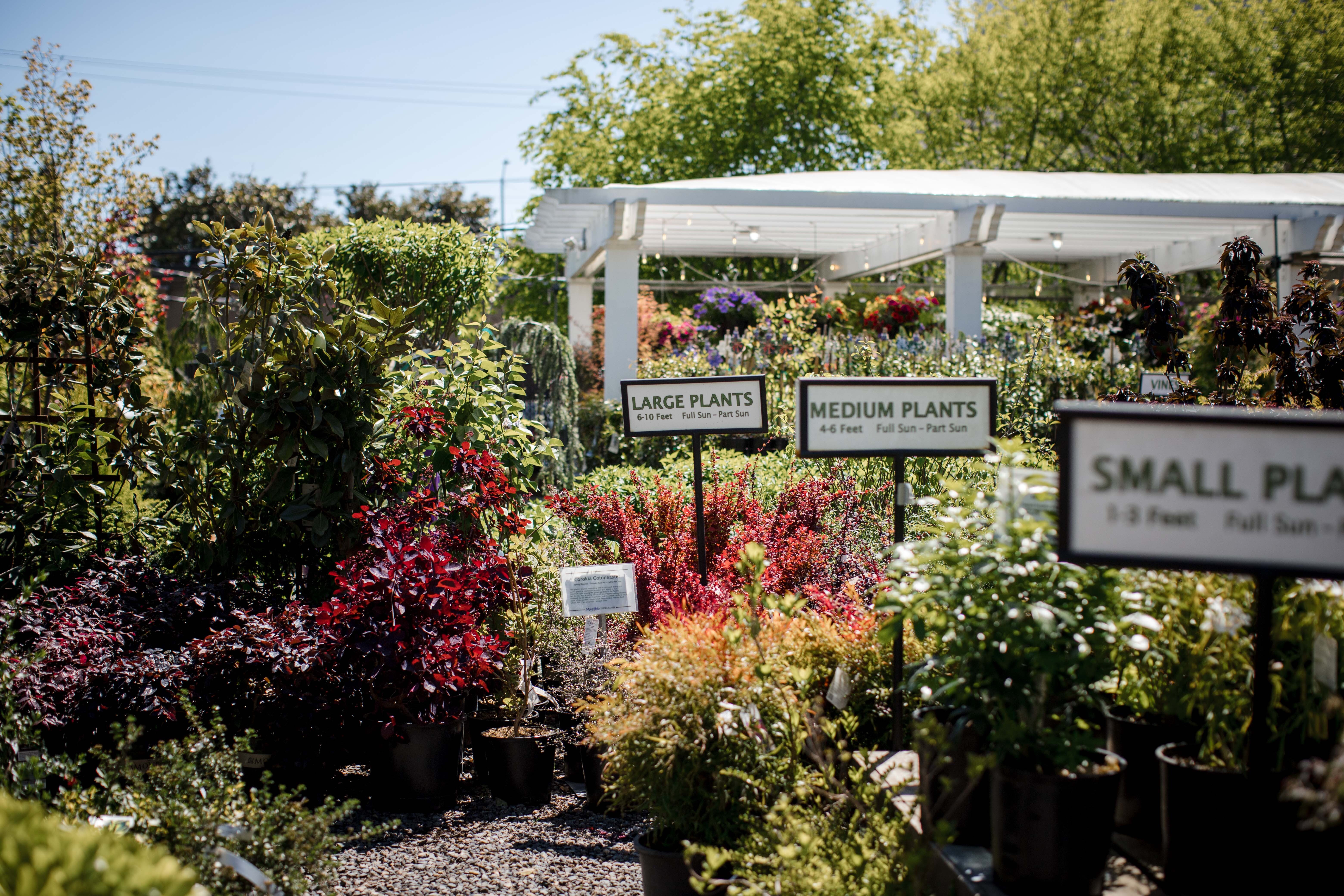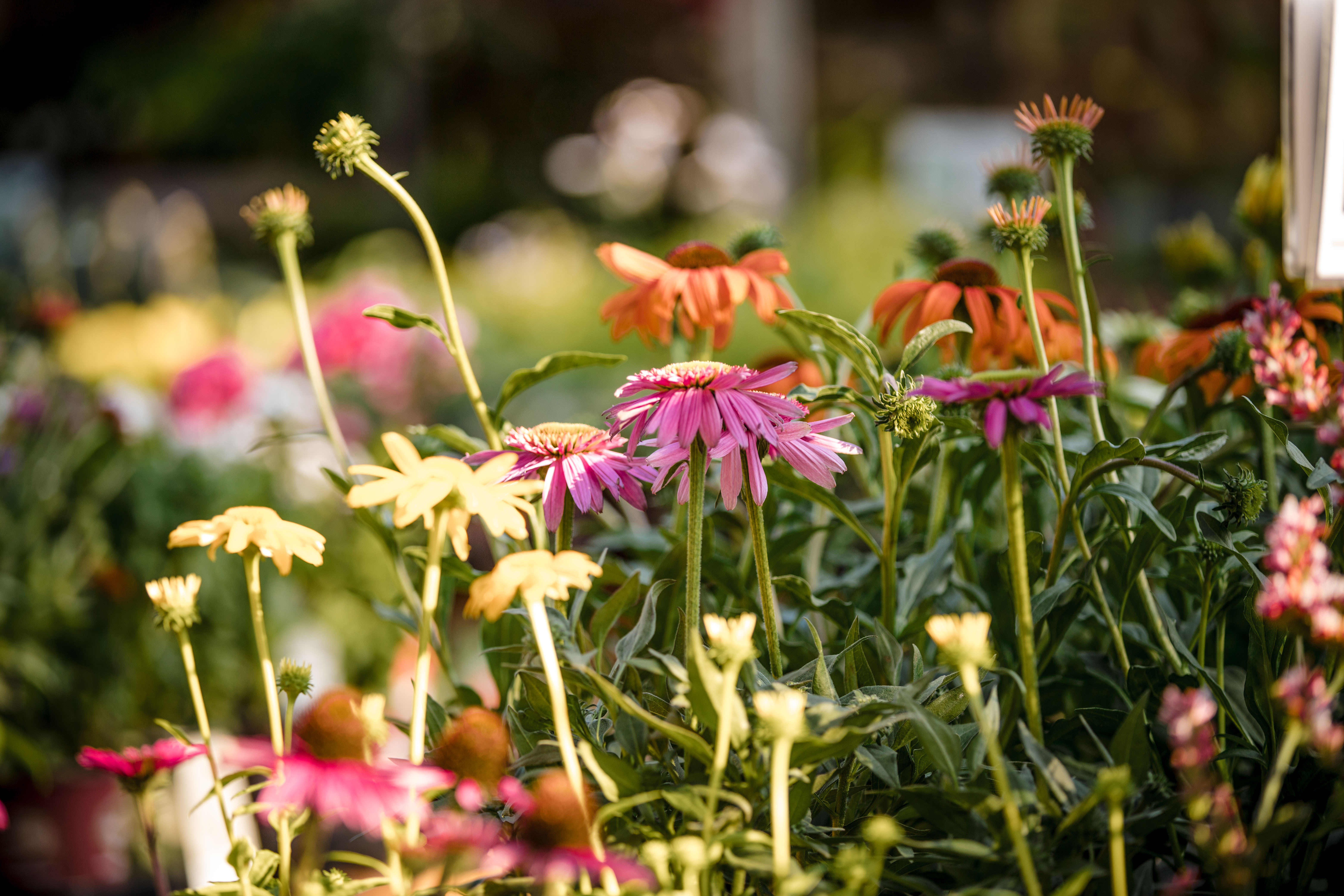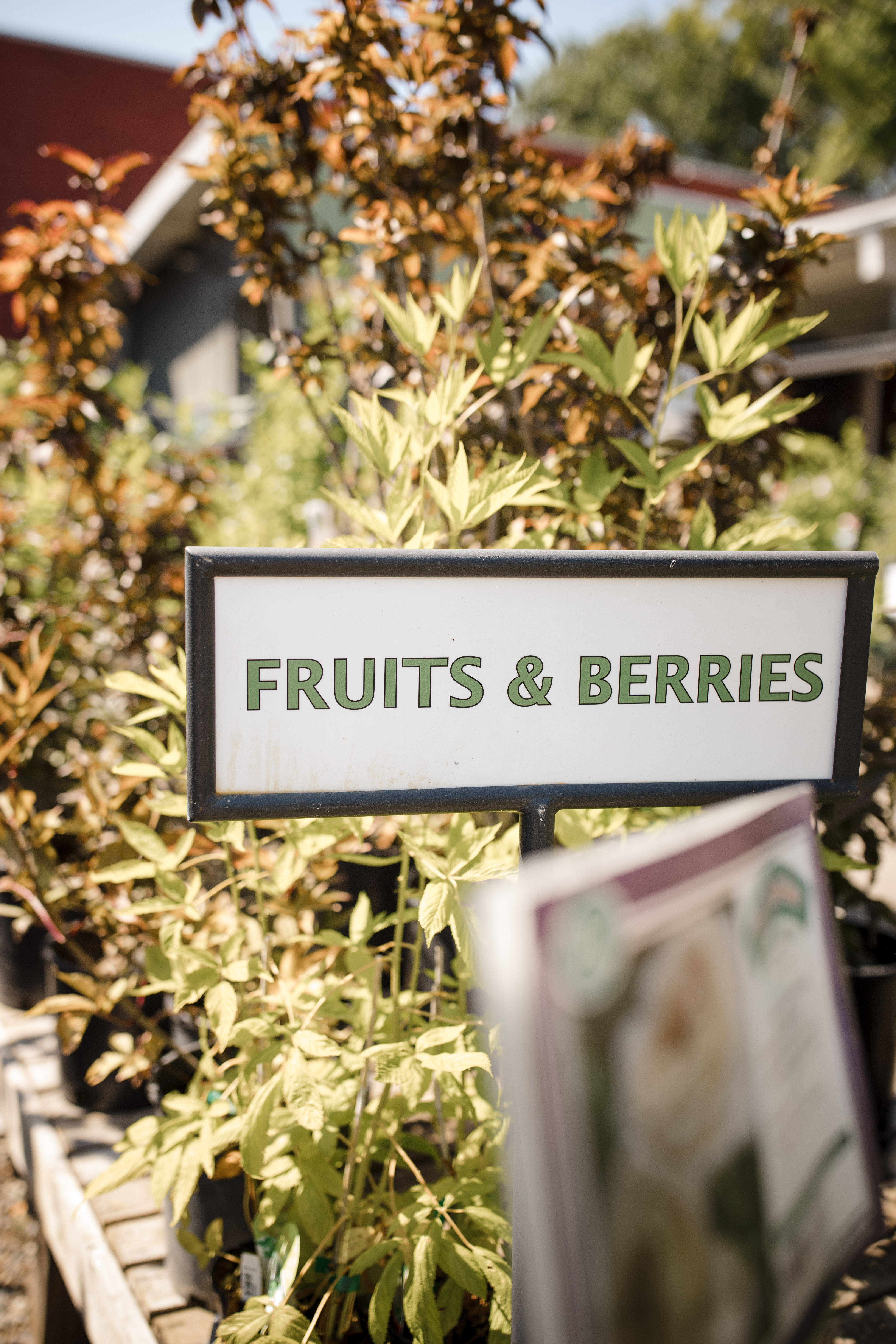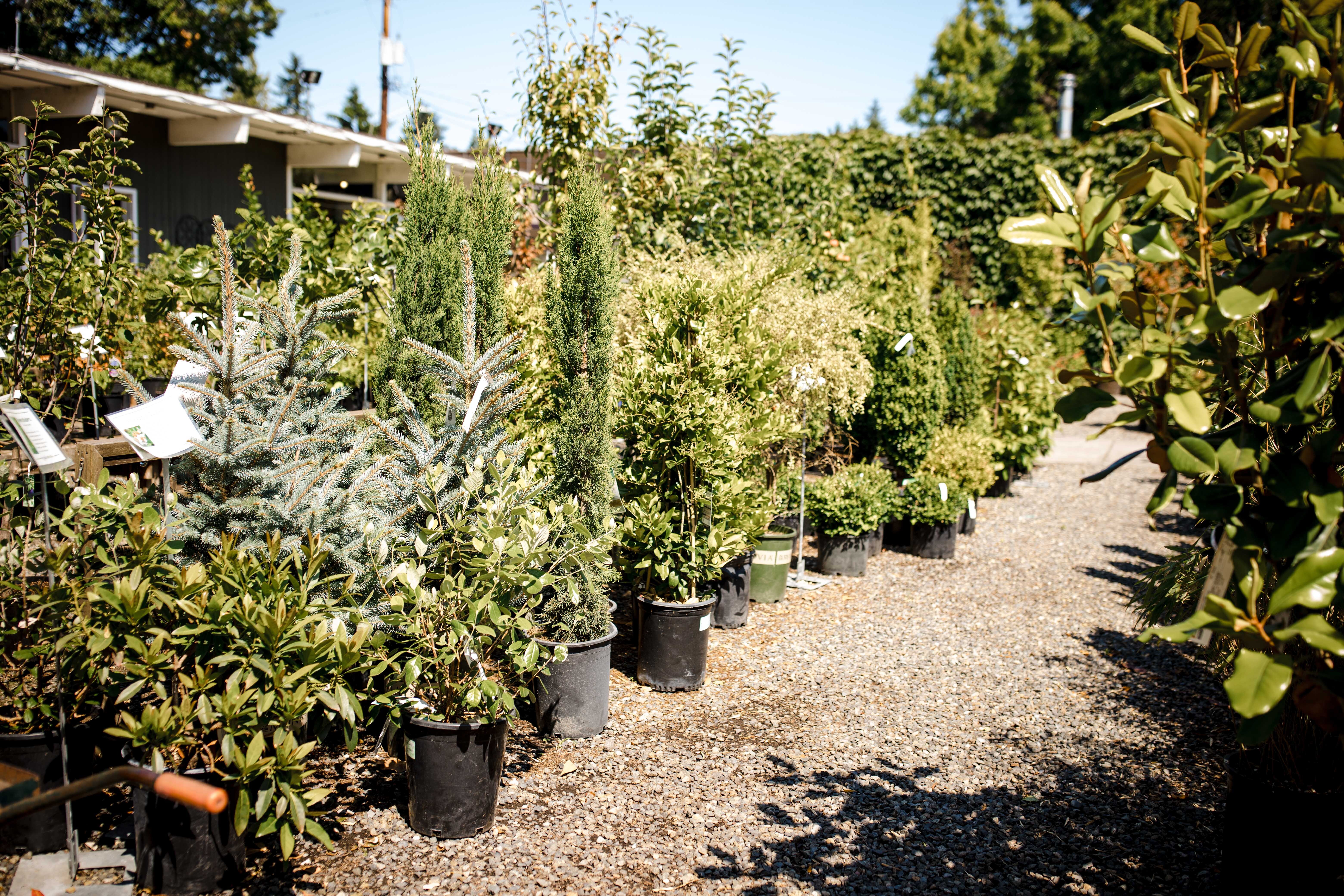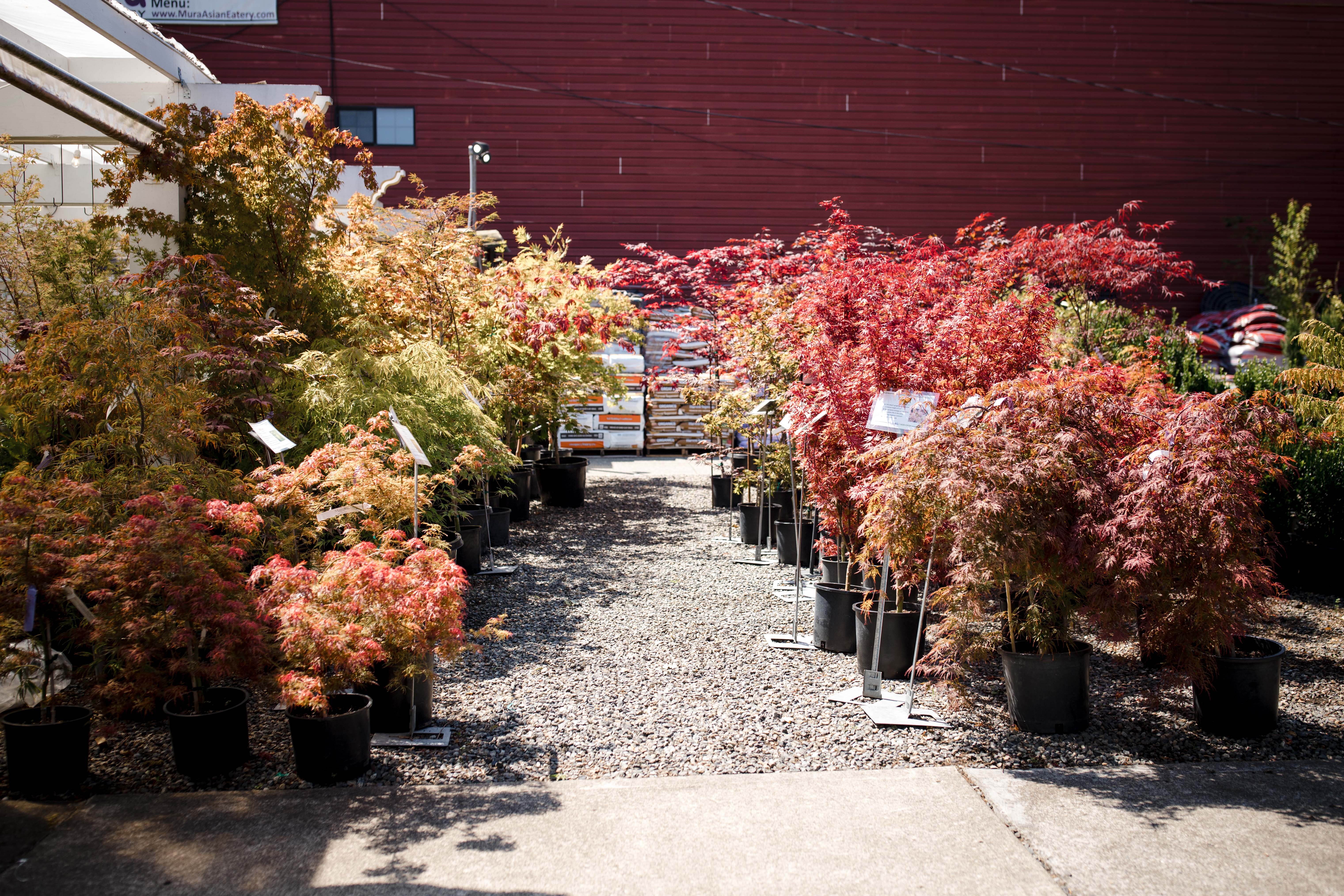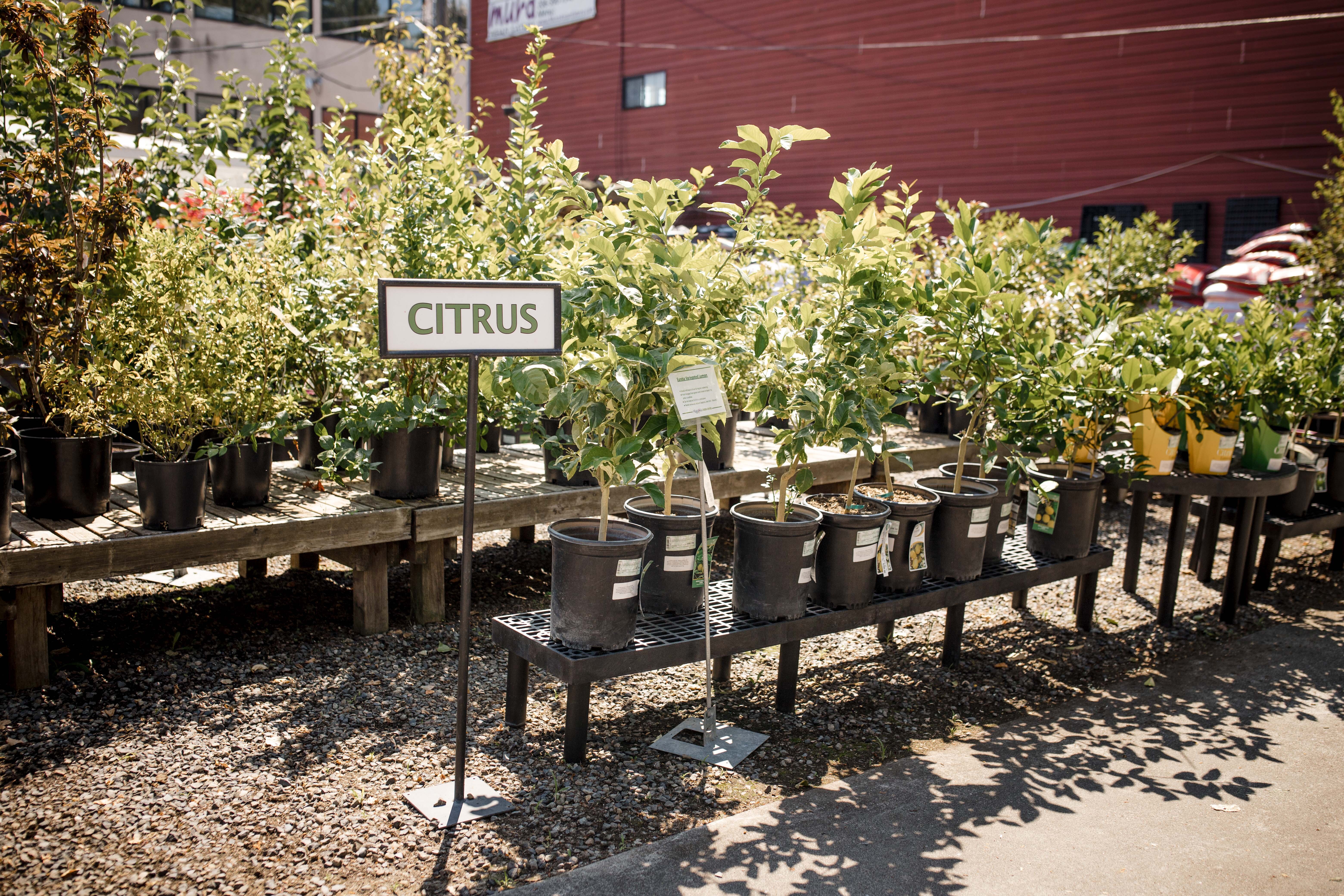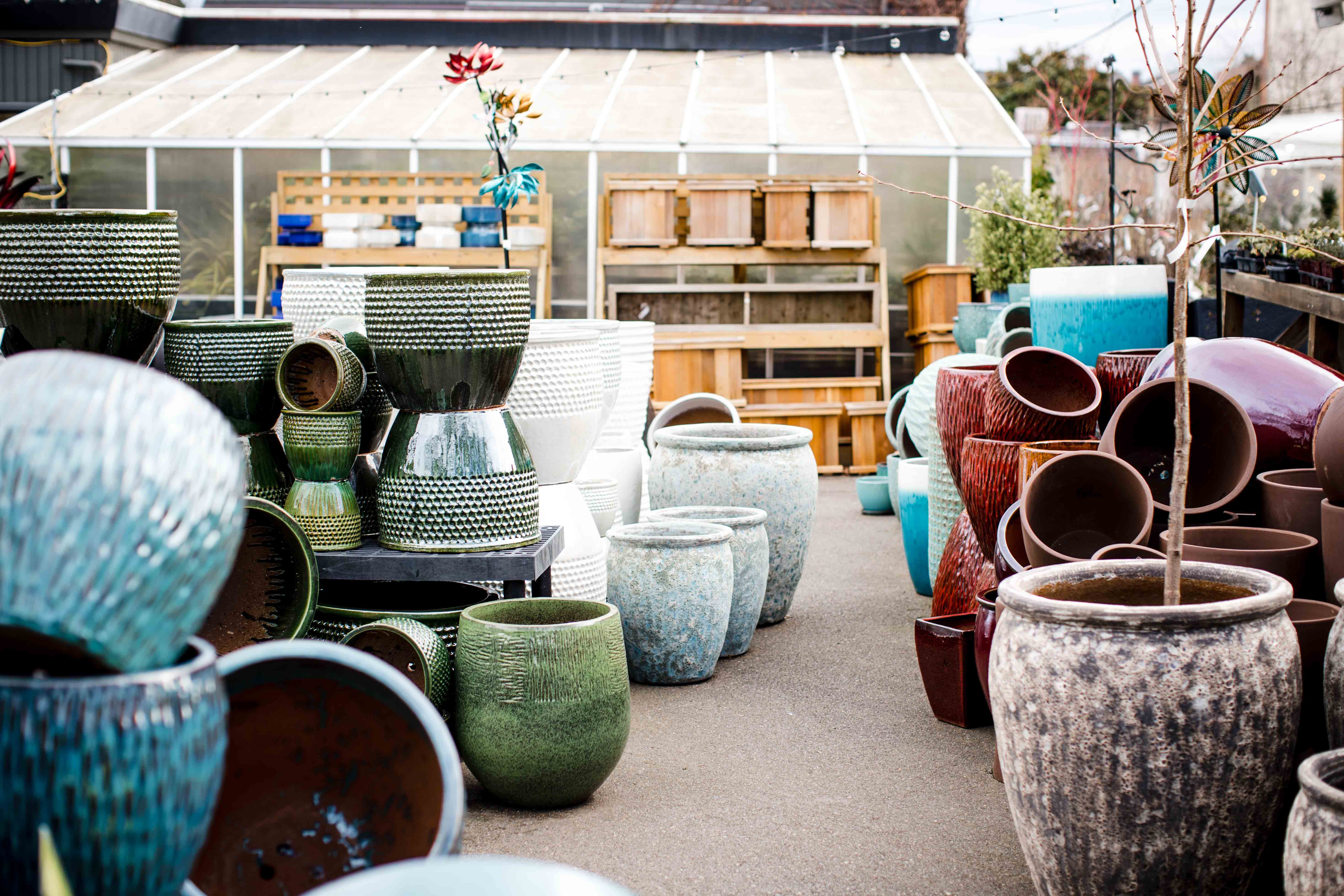Soils, Compost & Amendments
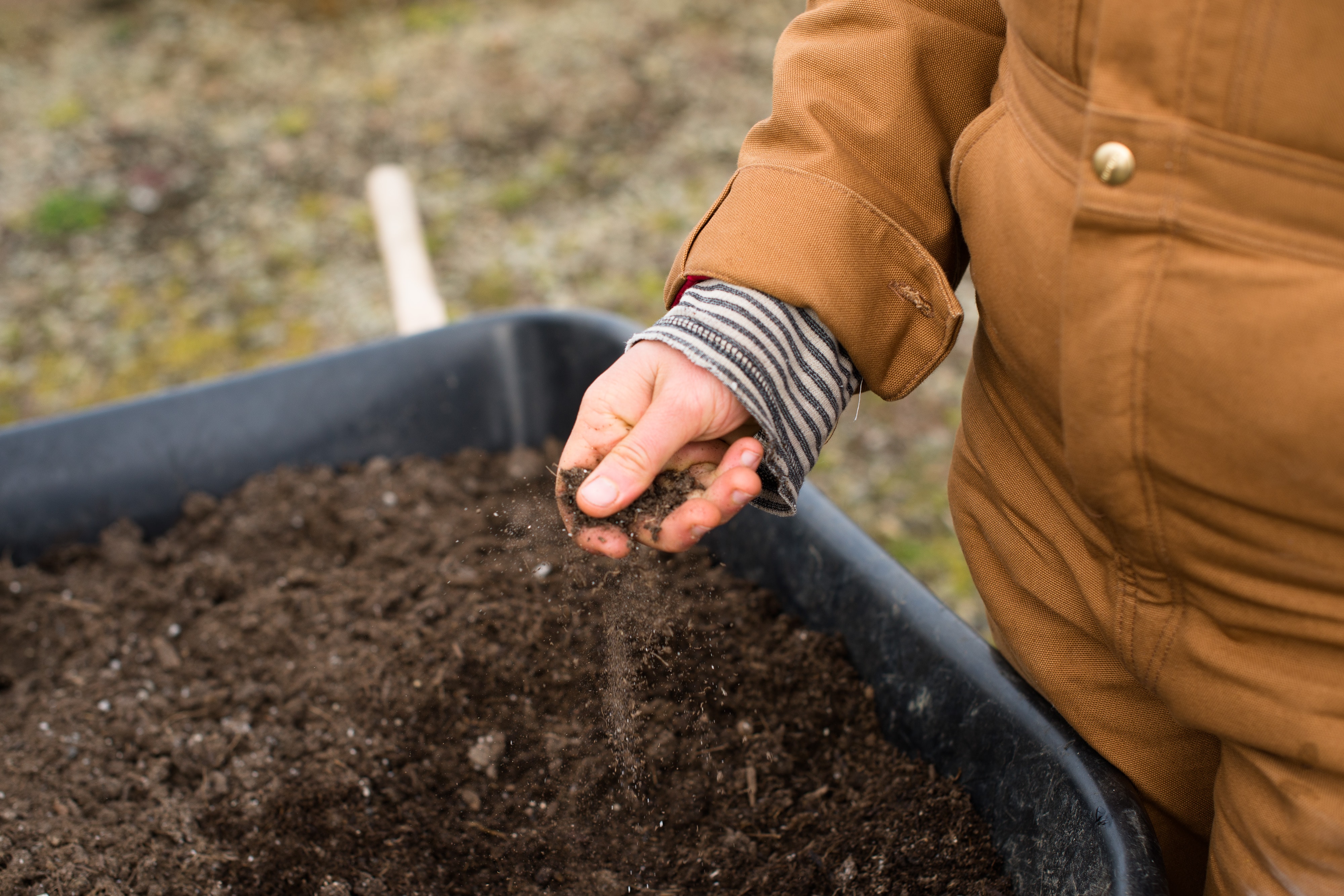
What's the difference between soil & compost and when do you use each type?
Soil
Soil is the natural mixture of mineral particles, organic matter, water, and air that covers the land. It provides plants the foundation for growth and provides nutrients, oxygen, and water.
Soil composition can be sandy, loamy, or clayey. It varies depending on the climate, geography, and vegetation of the region.
Plants thrive in different types of soils.
Improve your soil:
Ask one of our resident gardening coaches about the best soil type for what you're planting.
Work with the soil you've got:
Ask us what type of plants will thrive in your existing soil conditions
Compost
Compost is a fertilizer and conditioner made of recycled organic matter. Gardeners call these soil additions amendments.
Composting is a process of decomposition that transforms this organic matter into a nutrient-rich fertilizer. Adding compost to soil to improves its structure, fertility, and water retention.
Compost helps to increase the beneficial microorganisms in soil, which can enhance plant growth, disease resistance, and soil structure.
There are many types of compost including chicken maneur, mulch, leaves and food scraps. Chosing the right compost for your conditions will help your plants thrive. The best compost for your soil will depend on your gardening goals.
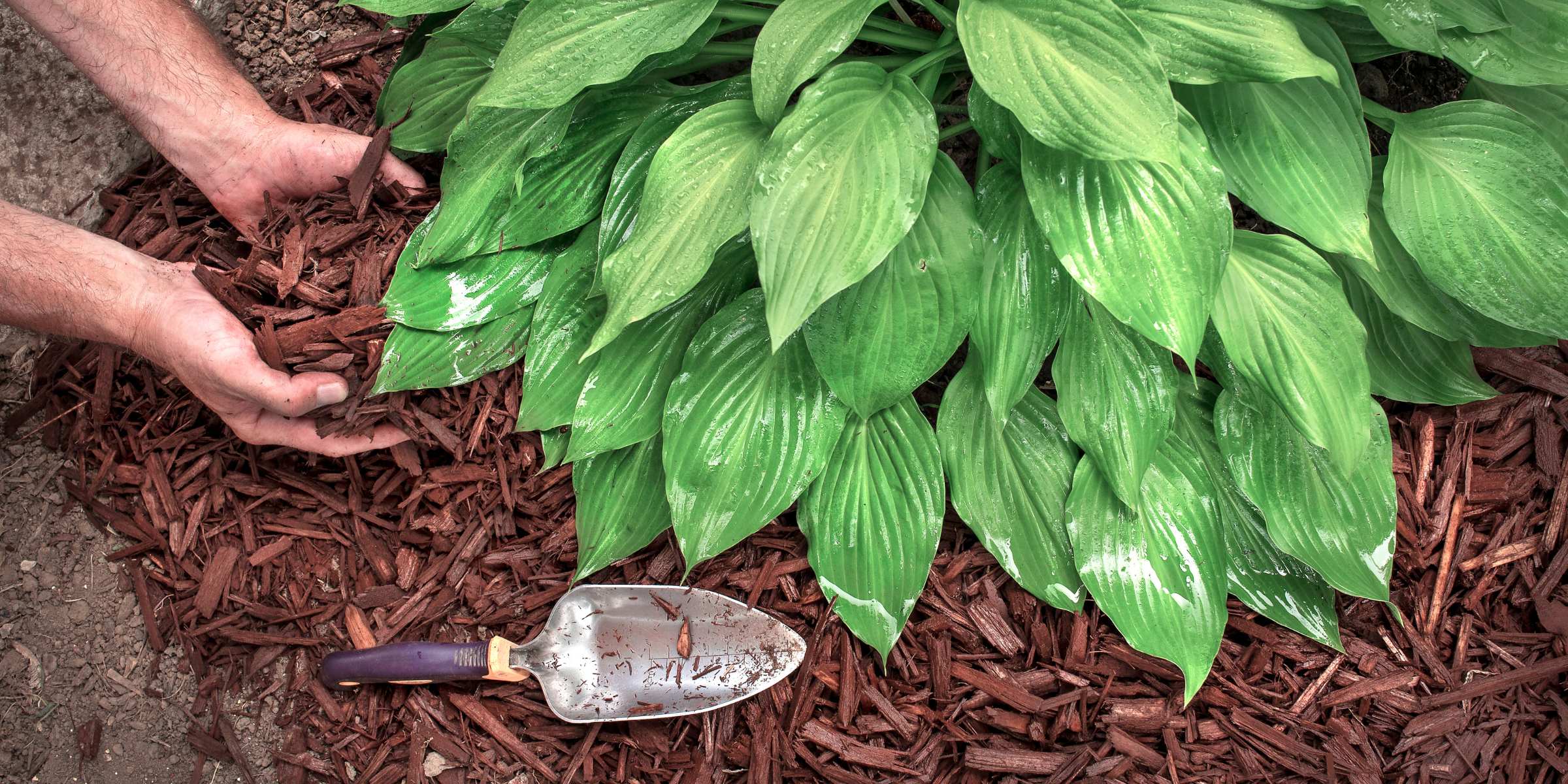
Mulch
Mulch helps retain water, suppress weeds and prevent soil errosion. Organic mulches decompose over time and enrich the soils. Mulch comes in various colors and textures.
Bark
Bark is a type of mulch that is decorative. It also helps to suppress weeds.

